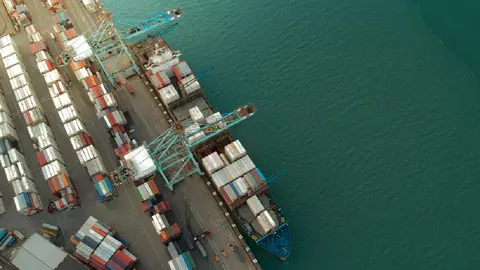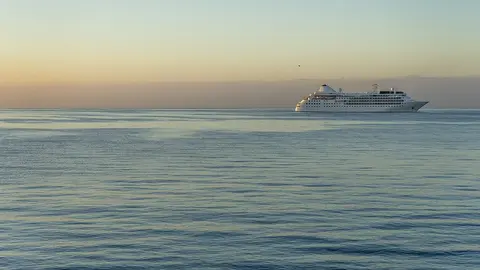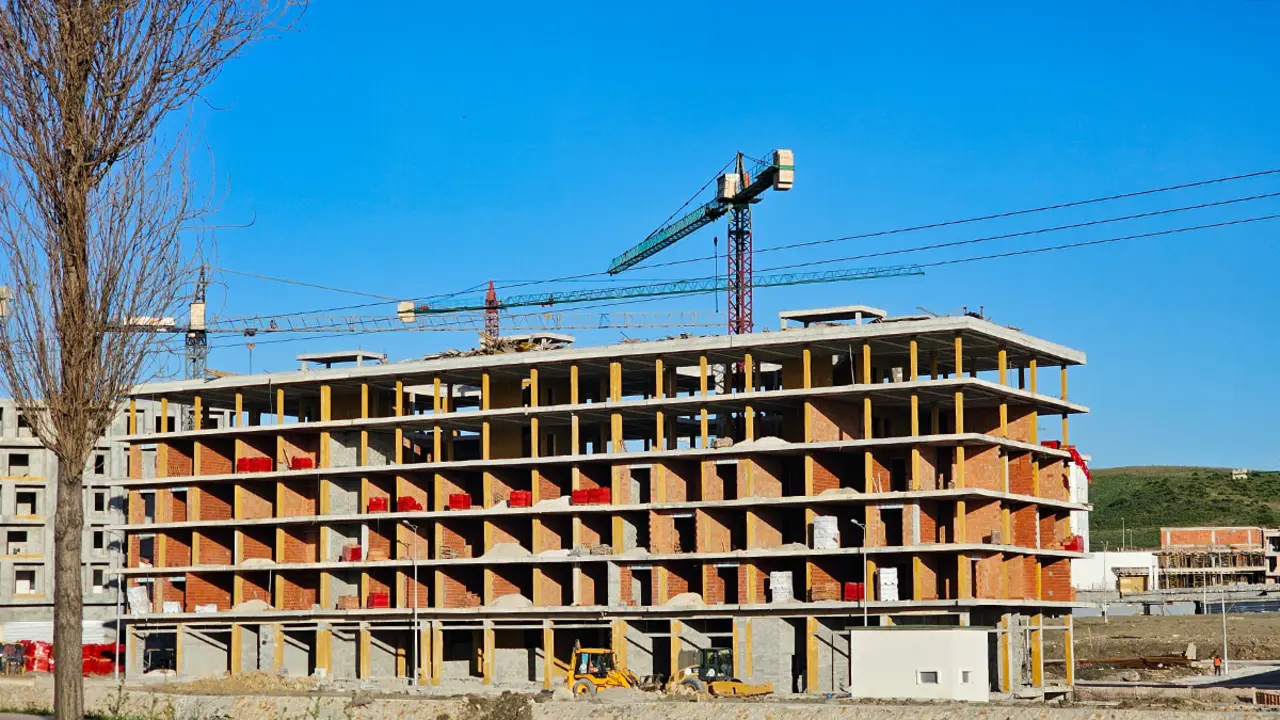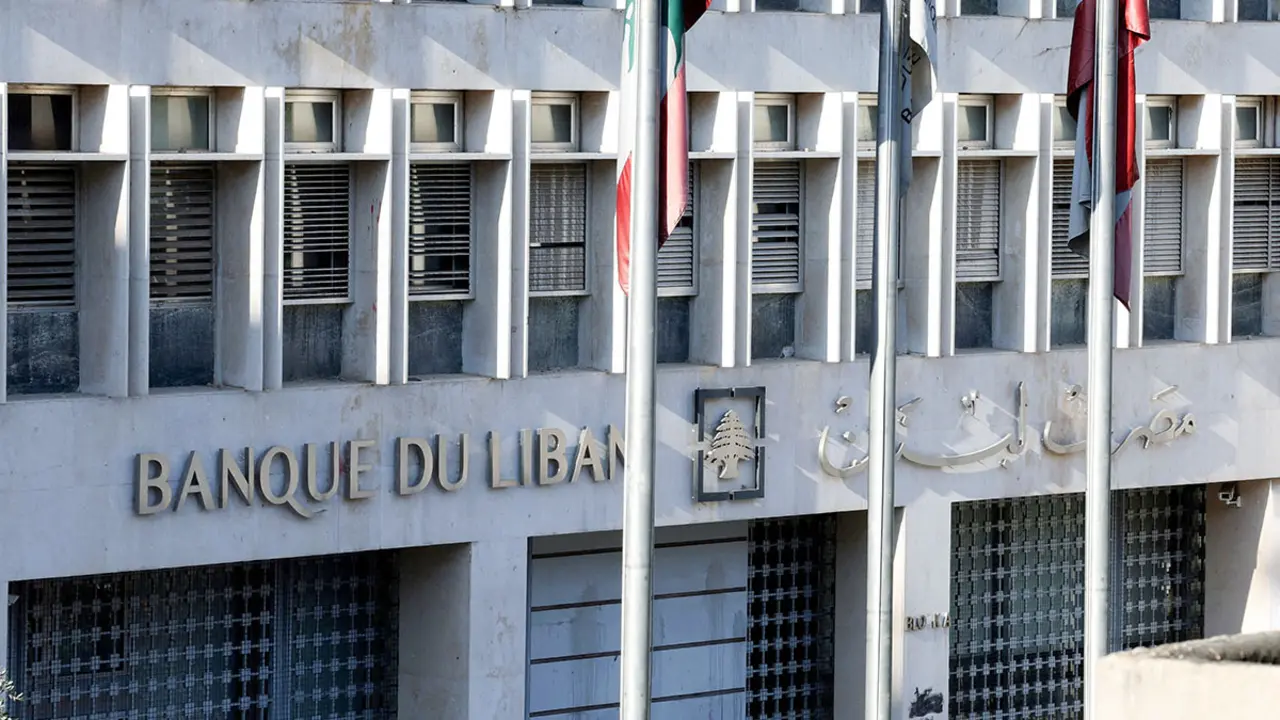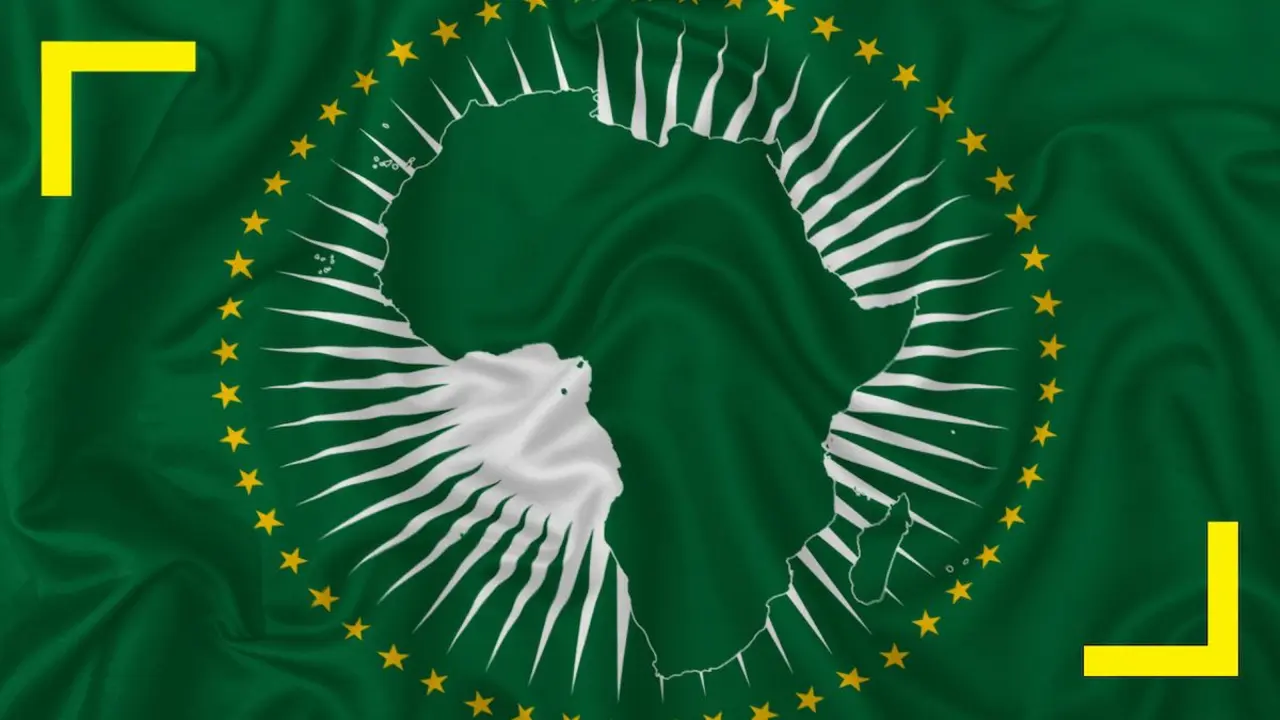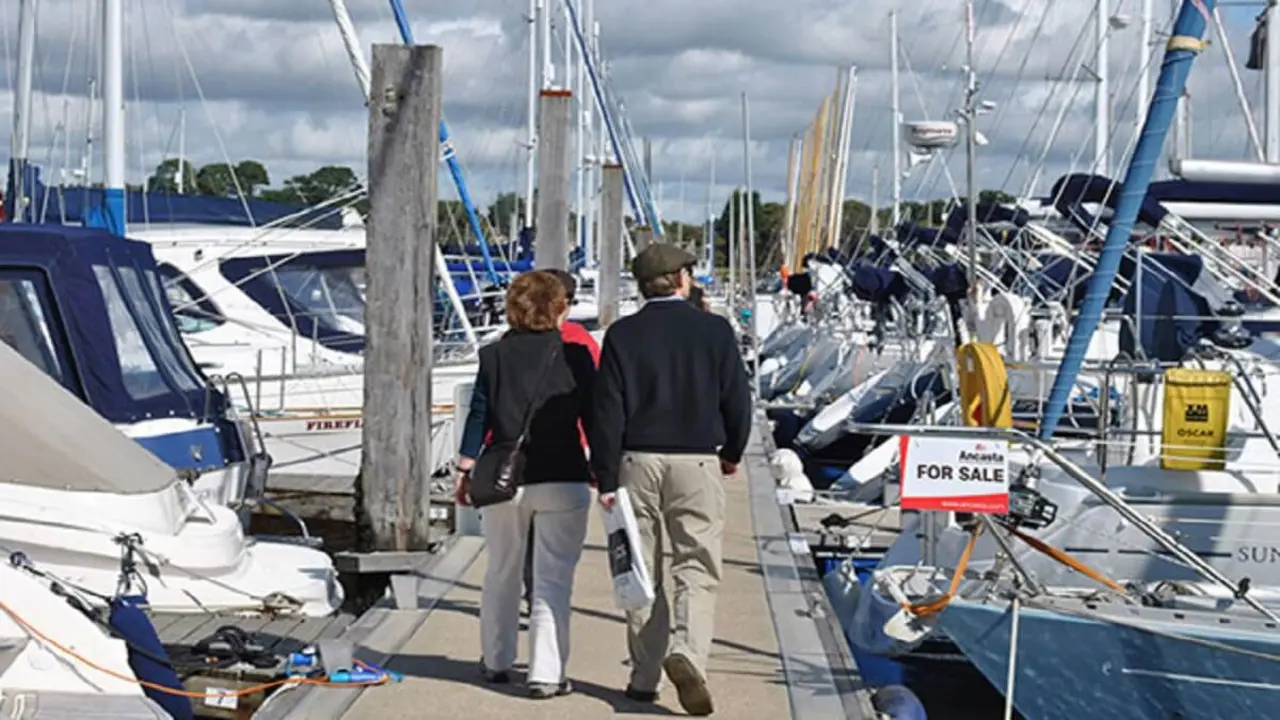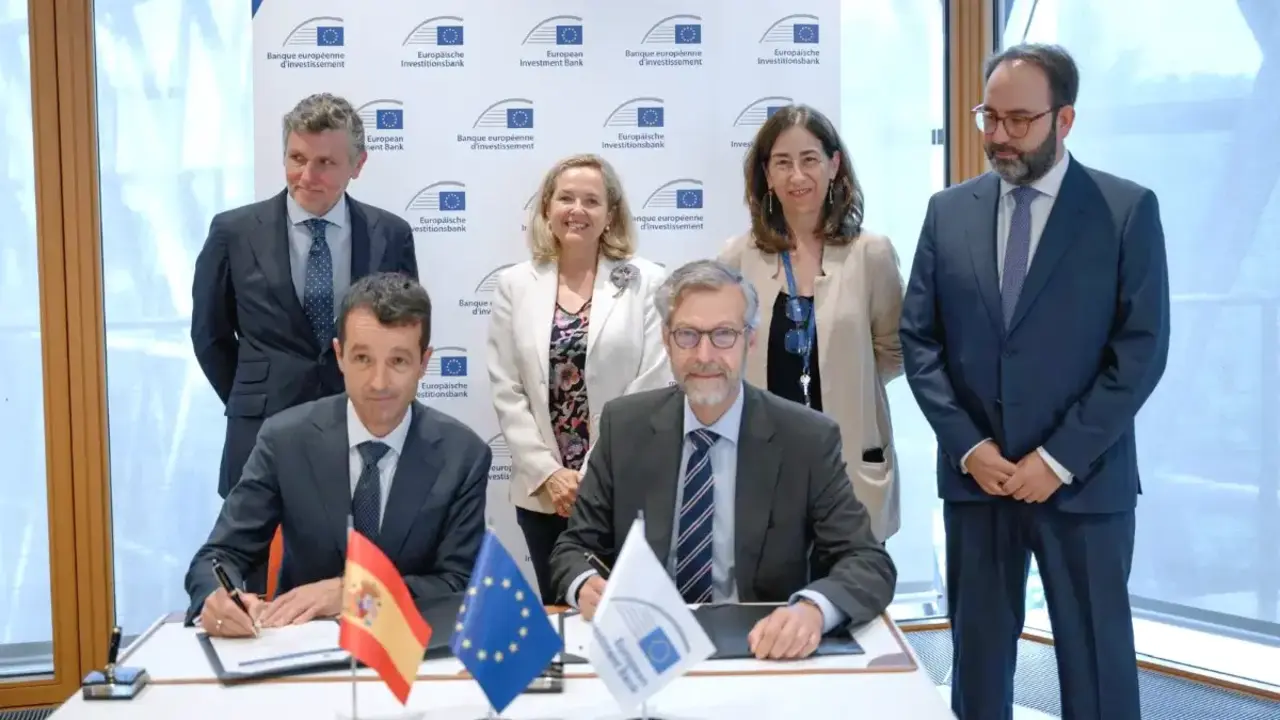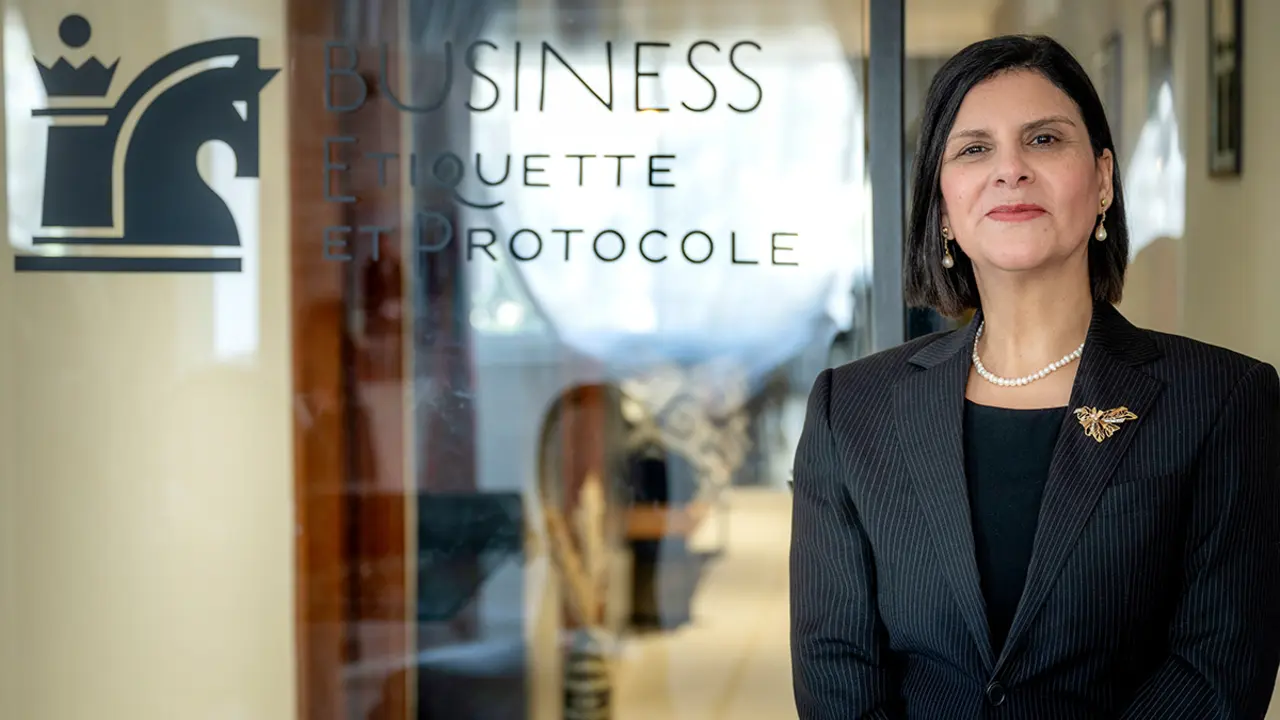ASCAME welcomes Von der Leyen's political commitment to the Mediterranean through a dedicated European Commission
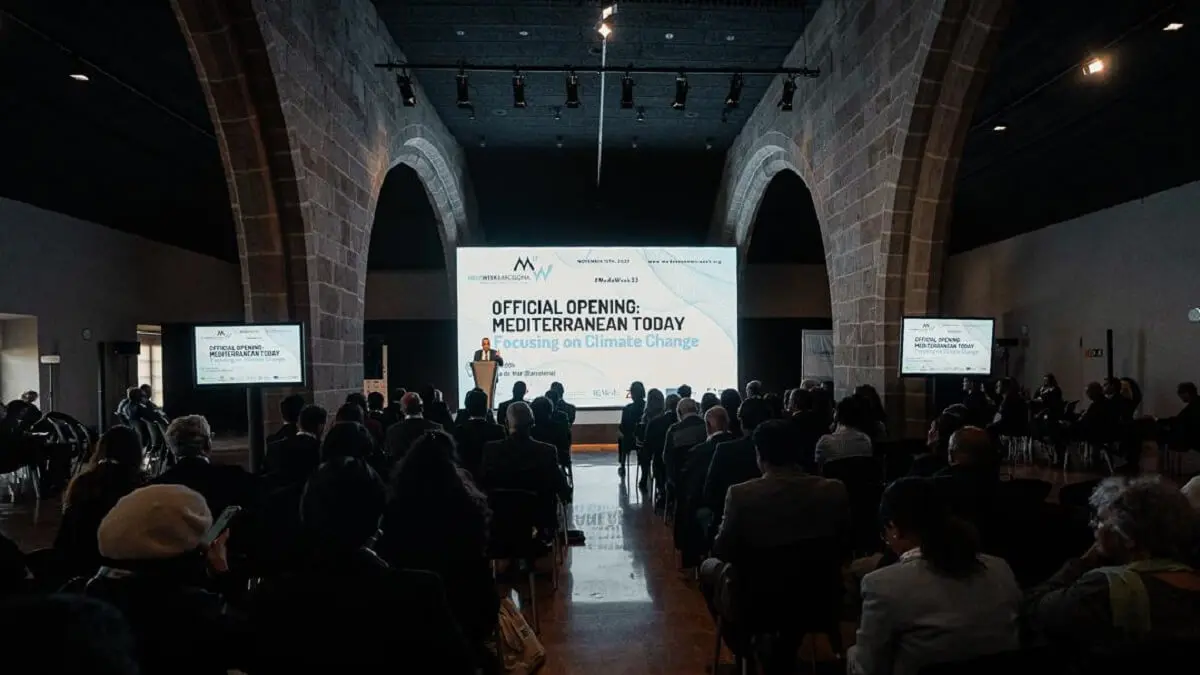
The Association of Mediterranean Chambers of Commerce (ASCAME) welcomes the announcement made by the President of the European Commission, Ursula von der Leyen, that she will create a specific portfolio for the Mediterranean, which signals an increased focus on the Mediterranean region in the next mandate. "The Mediterranean must attract our full attention," von der Leyen told MEPs in Strasbourg on 18 July.
For ASCAME, this is a significant step towards finding joint solutions to the current challenges facing countries on both sides of the region, such as the geopolitical context - wars in Europe and in the southern Mediterranean - the financial crisis and the challenges related to digital transformation and sustainable transition.
According to Anwar Zibaoui, general coordinator of ASCAME, "we look forward to working and collaborating with the European Commission to establish synergies and partnerships between public and private institutions and organisations on both sides of the Mediterranean". As he notes, "Von der Leyen's announcement responds to the demand made by ASCAME in 2015 to appoint a European Commissioner to address Mediterranean issues".
Paradigm shifts, new trends in all economic sectors and the new geopolitical scenario imply a rethinking of relations between the Mediterranean and Europe, long characterised by a donor-beneficiary relationship. In this sense, ASCAME advocates once again for greater cooperation across the region to ensure the strengthening of more inclusive economies and greater social welfare in both Mediterranean basins. Challenges such as the digital revolution or the green and blue economy constitute a unique opportunity to move towards a more inclusive, prosperous and peaceful Mediterranean.
For example, according to Zibaoui, "fostering economic cooperation would help solve the problems of immigration and radicalisation, in addition to boosting intra-regional interaction, job creation, investment, credit expertise, or the promotion of sustainable tourism". In his opinion, "greater cooperation would allow for a more active fight against poverty and social inequalities, while at the same time serving to advance the implementation of democracy throughout the region".
This is why ASCAME supports the creation of a specific portfolio for the Mediterranean, a key step to address current challenges and explore new avenues of cooperation and new horizons. In this vein, ASCAME insists on the need to revitalise the Union for the Mediterranean, which constitutes the appropriate regional framework for cooperation among the 43 member states.


